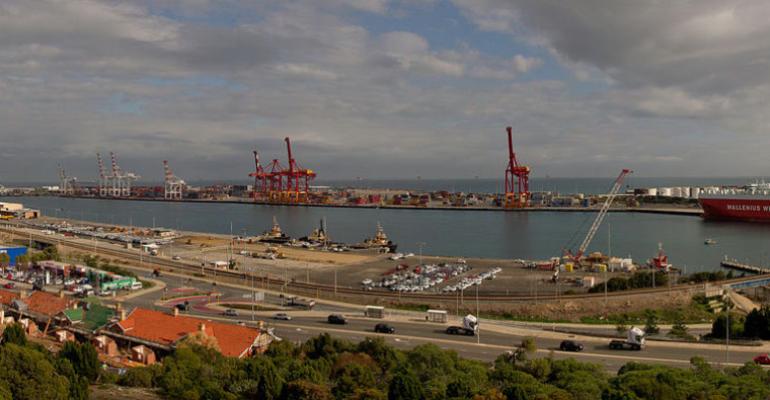The dispute burst onto the quayside early last month when the Dubai company announced plans to change work rosters to meet the demands of a 24-hour economy, while the Maritime Union of Australia (MUA) claimed that the new work schedules would effectively cut wages by up to 32%.
The dispute has shifted to claims and counter-claims of who is looking after the interests of the Australian economy.
MUA officials have cited a report from the Centre for International Corporate Tax Accountability and Research (CICTAR), which was established by a number of trade unions and community organisations to better inform the Australian public about the tax arrangements of multinationals operating in the country.
CICTAR’s report alleges: “DP World’s ownership structure in Australia relies on [the] extensive use of shell companies in tax havens, including the Netherlands and the Cayman Islands to shift income back to the investors and the parent company in Dubai, where the tax rate has been zero.”
With total revenues of more than A$4.5 billion the company has paid no corporate tax over the last eight years, or possibly more, said the report.
“Dubai Ports have been reaping billions from their Australian operations yet giving nothing back to the Australian community. They pay no tax and are presently trying to cut the pay of their Australian workforce by up to 32%,” said Adrian Evans, the MUA’s assistant national secretary.
Evans then asked: "In what world is it fair that a wharfie on A$81,335 per annum pays around A$18,500 in tax, while their employer -- who earns hundreds of millions of dollars each year in Australia -- pays not a single red cent in tax to the Australian community?"
In countering the MUA and CICTAR’s allegations, DP World said it contributed to the smooth running of the Australian economy, which is the fifth largest user of maritime services in the world according to an Australian government report ‘The Strategic Fleet Task Force Discussion Paper of 2022’.
"Australia is the fifth largest user of shipping services in the world, predominantly the export of commodities such as iron ore, coal and liquefied natural gas. Australia is a much smaller user of container shipping - accounting for around 1 per cent of global trade - but it is critical for our import of goods including medicines, electronics, whitegoods and inputs to production. The container trade also supports exports such as agricultural products and manufactured goods," the discussion paper stated.
“Efficient cross-border goods movement is essential for the country’s economy, with numerous businesses of all sizes, from Australian farmers to major retailers, depending on this interconnected system,” DP World.
As the impasse deepened DP World pointed out that over the past 25 years the company has been a critical part of Australia’s logistics and supply chain network.
It has helped to bolster Australia’s import and export markets. The consistent flow of goods in the supply chain is of national importance, to keep the country and its economy moving. “This is a responsibility that DP World takes very seriously,” said the Dubai company.
DP World declined to respond directly to the CICTAR report.
Copyright © 2024. All rights reserved. Seatrade, a trading name of Informa Markets (UK) Limited.
Add Seatrade Maritime News to your Google News feed.  |

